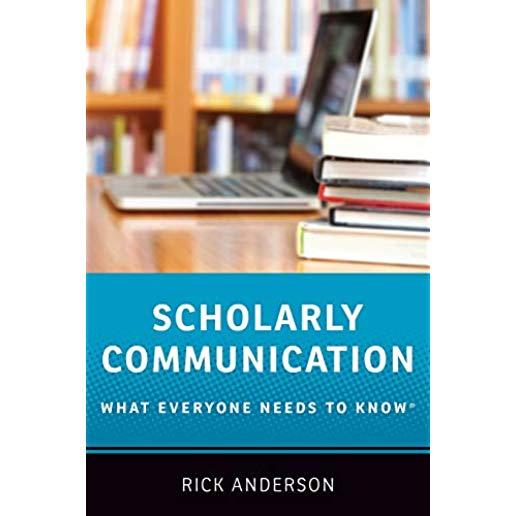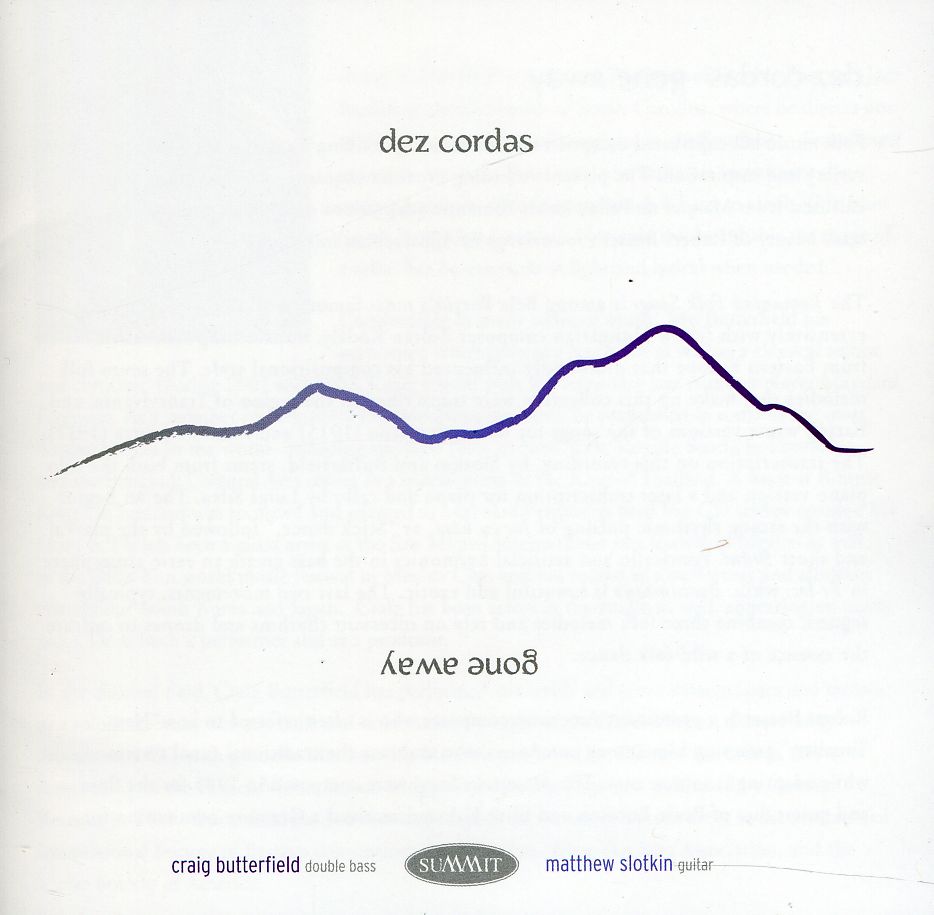
description
s in which scholars and scientists share their findings with each other and the world, creating a scholarly communication environment that is both more complex and more effective than it was just a few years earlier. "Scholarly communication" itself has become an umbrella term for the increasingly complex ecosystem of publications, platforms, and tools that scholars, scientists, and researchers use to share their work with each other and with other interested readers. Scholarly Communication: What Everyone Needs to Know(R) offers an accessible overview of the current landscape, examining the state of affairs in the worlds of journal and book publishing, copyright law, emerging access models, digital archiving, university presses, metadata, and much more. Anderson discusses many of the problems that arise due to conflicts between the various values and interests at play within these systems: values that include the public good, academic freedom, the advancement of science, and the efficient use of limited resources. The implications of these issues extend far beyond academia. Organized in an easy-to-use question-and-answer format, this book provides a lively and helpful summary of some of the most important issues and developments in the world of scholarly communication -- a world that affects our everyday lives far more than we may realize.
member goods
No member items were found under this heading.
Return Policy
All sales are final
Shipping
No special shipping considerations available.
Shipping fees determined at checkout.







